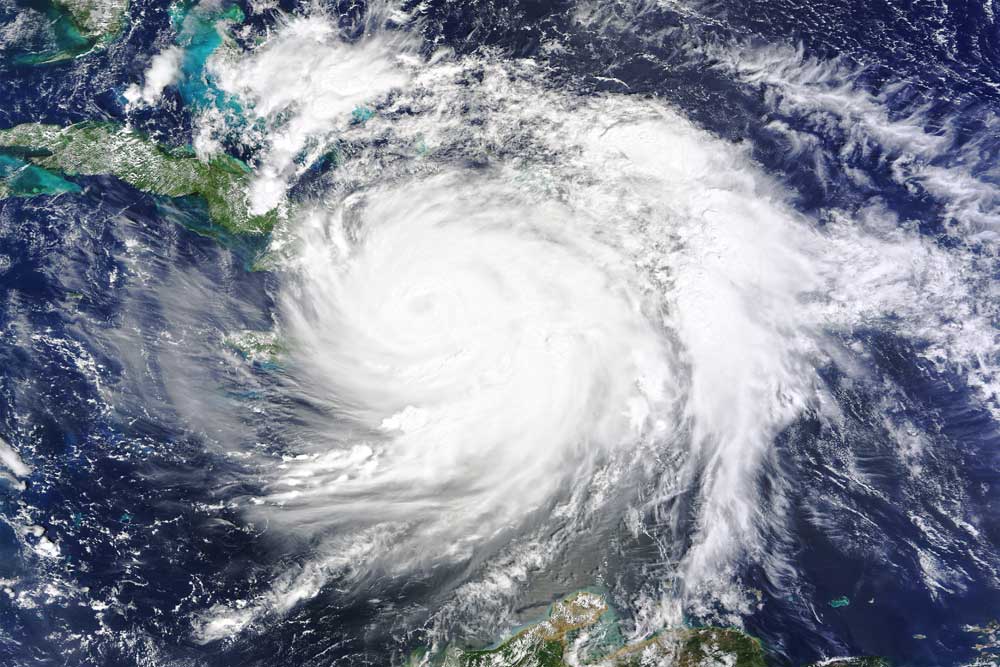Your best laid plans can often be thrown off course by events. And when sending goods round the world, there are plenty of events that can conspire to upset the schedule.
Air traffic control and mechanical breakdowns can hit air freight arrivals. Ships arriving to a backlog at the Suez Canal, en route from the Far East, may have to lose a day or two as they wait their turn. Nearer to the point of delivery, road hold-ups are often responsible for making deliveries late, as trucks get stuck in traffic jams.
Much of this is the day to day work of the shipping manager, responding to hold-ups and revising plans to keep deliveries on track. Many professionals will have a keen eye on the likelihood of small delays within a shipping schedule, so that those at the final destination can be kept informed, and do not make plans around goods that have a reasonable chance of arriving behind schedule.
And then there are weather events, from volcanoes erupting, to hurricane season – which every year, upsets logistics across large swathes of the southeastern USA. Each season seems to have its major hurricane, which apart from the damage it does, will inevitably have a knock-on effect on land, water and air transit. Often, ports and airports will need to close as the storm passes over. Sometimes, they will incur damage that puts them out of order for several days.
In such circumstances, it is well worthwhile having a logistics expert keeping a close eye on shipments. If a major weather event looks likely, they can be on hand to plan for the consequences of any hold-up. Alternatively, they may be able to reroute shipments, to minimise any disruption.
Air freight, for example, will be significantly more expensive than sending goods by sea, but could be used to ensure timely supplies arrive, while delayed goods make their way to the destination in the normal manner. Alternatively, forward planning can reroute shipments to minimise the danger of them being affected by hurricane-hit ports, perhaps by selecting a less weather-prone port of entry. Using a more distant port will then have the consequence of increasing trucking costs, but that may be a cost worth bearing, if goods need to arrive on time.
All of these alternatives take planning, and require a detailed working knowledge of which alternative routes are practical, as well as finding where capacity exists with existing shippers. And that’s something usually best left to the professionals.
Give us a call today on 01442 507240 to discuss your Logistical requirements or contact us here. You might even want to get an online quote too.

